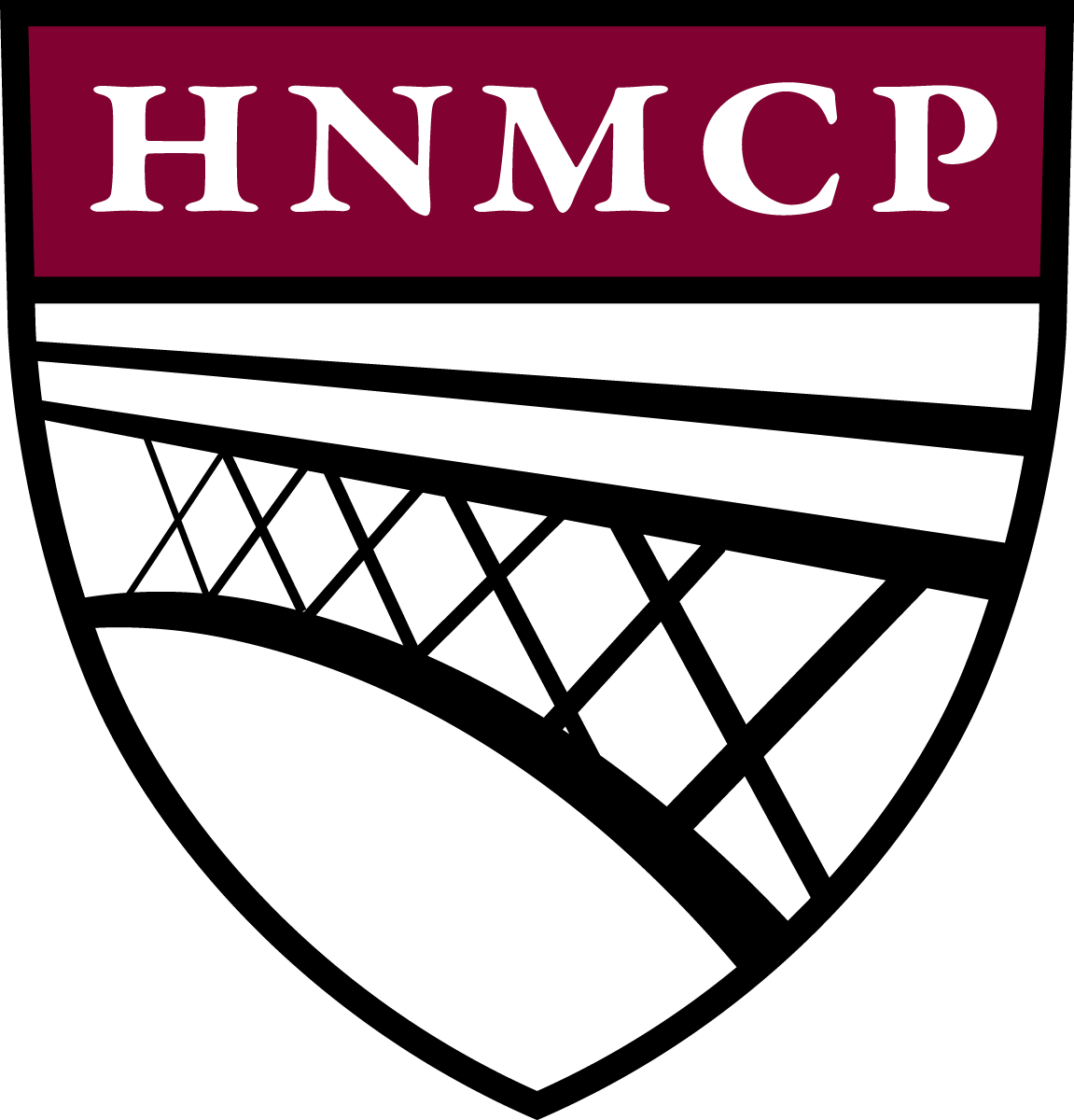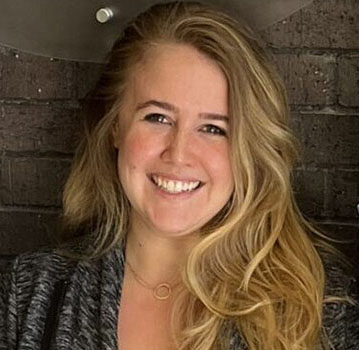
Build Skills , Strengthen Justice, Make an Impact
Students in the Dispute Systems Design Clinic work with organizations and communities who are committed to engaging conflict more effectively and equitably. Because we believe that systems should be informed by the people they affect, the heart of our work is listening to and learning from stakeholders. Informed by their perspectives, DSD theory, and best practices in the field, we help our clients envision more just and inclusive systems.
Our Practice Areas
Community-Centered Systems
Court-Connected Systems
Peacebuilding Systems
Organizational Systems
What Skills will you Build in the DSD Clinic?
- Gathering a wide range of perspectives through interviews, focus groups, surveys, and other qualitative research methods
- Managing client relationships
- Facilitating learning dialogues (focus groups, meetings, community conversations)
- Writing and presenting deliverables
- Managing complex projects
- Working as a team
What Kinds of Projects Will You Do in the DSD Clinic?
- Creating a stakeholder map for a conflict
- Designing a dispute resolution system
- Assessing and evaluating an existing dispute resolution system
- Recommending approaches to managing a live or recurring conflict
- Develop a training in conflict management skills for organizational members
“The clinic is incredible. It provides you with the opportunity to really hone concrete skills in systems theory and dispute system design. At the same time, we also have the opportunity to speak with and interview clients, stakeholders, and area experts. . . . I did not realize this was what teamwork could be! I feel so supported an energized by the daily collaboration with my teammates and supervisor!”

Abby Elder ’25
Harvard Law School
Frequently Asked Questions
Effective lawyers and leaders must be able to skillfully navigate conflict. The DSD Clinic provides you with direct experience in leveraging knowledge and best practices in negotiation, mediation, facilitation, and other approaches to conflict management, resulting in greater expertise and facility in these areas. The DSD Clinic also goes one step further, by taking a systemic, stakeholder-led approach to challenges that organizations and communities are facing. You will leave the clinic with a greater understanding of how to clearly define a problem within an organization or community; understand the ways in which that problem is embedded in a larger set of systems and dynamics; identify and connect with the people and groups who hold a stake in that problem, and craft thoughtful, practical solutions that are informed by these perspectives and move towards more just and equitable systems.
For perspectives on the connection between DSD skills and post-law school careers, check out this video of nine DSD Clinic alums who pursued diverse paths after law school.
Students typically work on teams of 2-3, plus a clinical instructor, meeting weekly as a team and weekly with their client. The work is self-scheduled among the students and their Clinical Instructor based on their other class commitments. While a “typical day” varies widely, here are two snapshots of what life in the DSD Clinic might be like over the course of several days in a week, at two different stages of a project.
During the first half of the semester: Your team will be gathering information (through interviews, focus groups, surveys, and site visits or other forms of direct observation) and conducting background research on the context of the challenge your client is facing.
During the second half of the semester: Your team will be synthesizing the information you gathered, developing findings and recommendations that you can share with your client, and preparing your final deliverable.
The DSD Clinic can be taken for between 3–5 credits. Each credit equals 4 clinic hours (3=12, 4=16, 5=20).
The co-required course is the Dispute Systems Design Seminar (2 classroom credits). The Clinic and seminar are bundled. Your enrollment in the clinic will automatically enroll you in the co-required seminar. Students will read and discuss works related to the various models for conducting conflict assessments, designing dispute systems, and advising clients. In addition, readings and discussions will focus on the practical and ethical quandaries and special challenges faced by professionals in conflict resolution, mediation, and dispute systems design. Some sessions will require students to present problems related to the clinical work in which they are currently engaged to the members of the class for discussion and brainstorming.
The add/drop deadline for the Fall 2025 clinic is Friday, August 22, 2025. The add/drop deadline for the Spring 2025 clinic is Friday, December 12, 2025.
LLM students may apply to the clinic through the LLM General Clinic Application.
